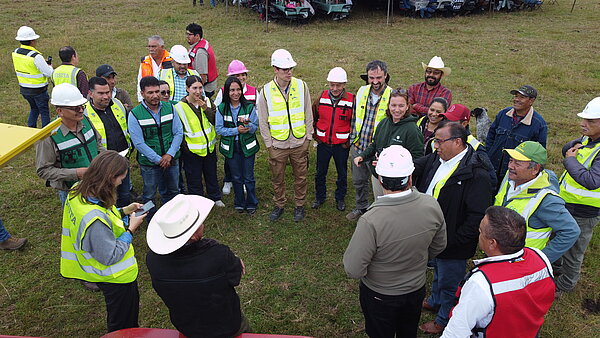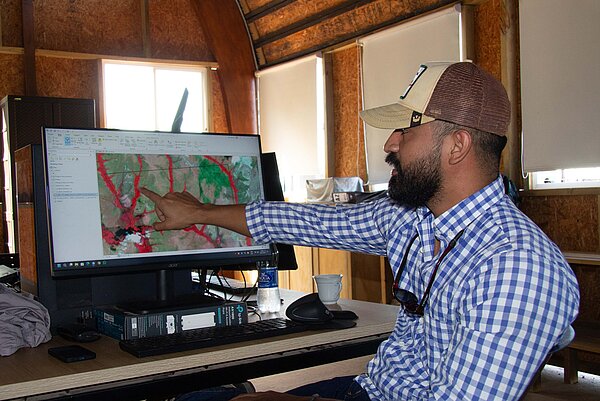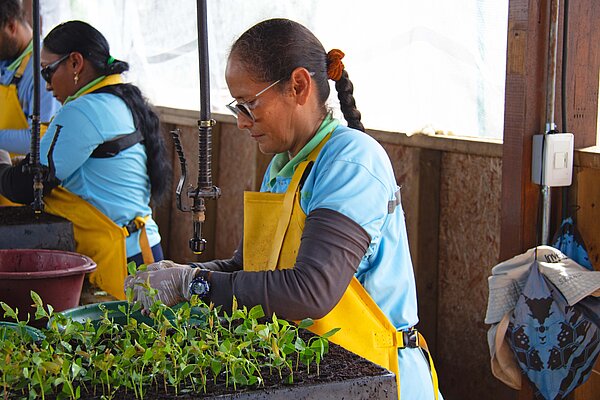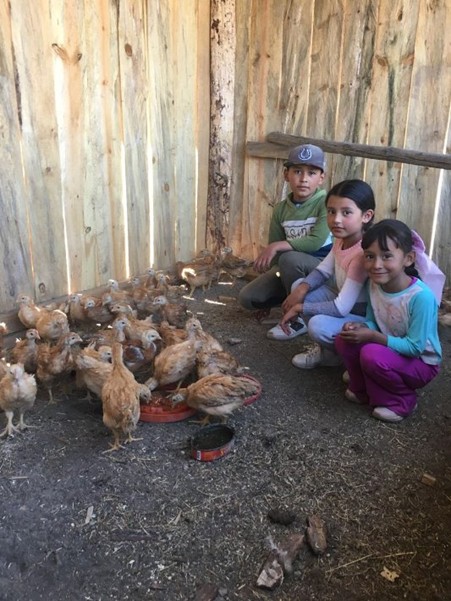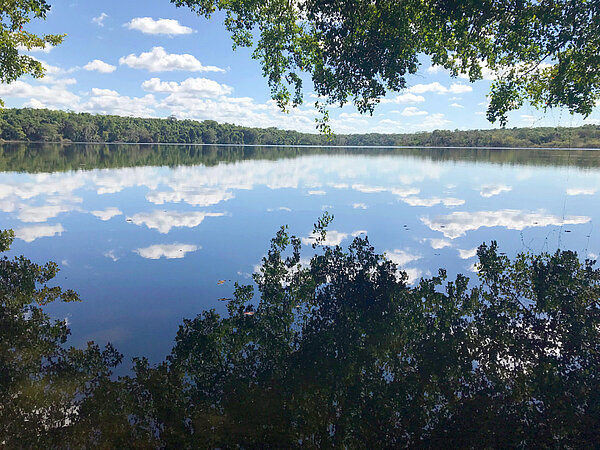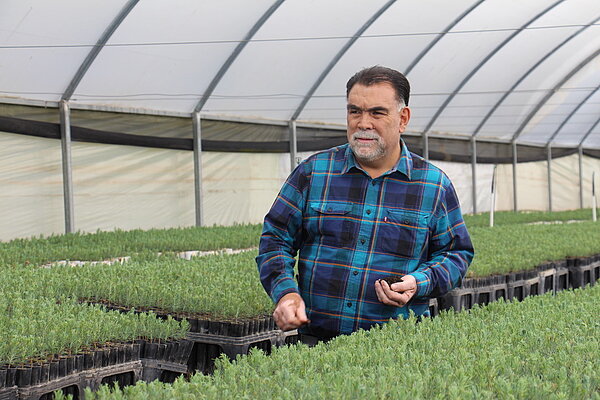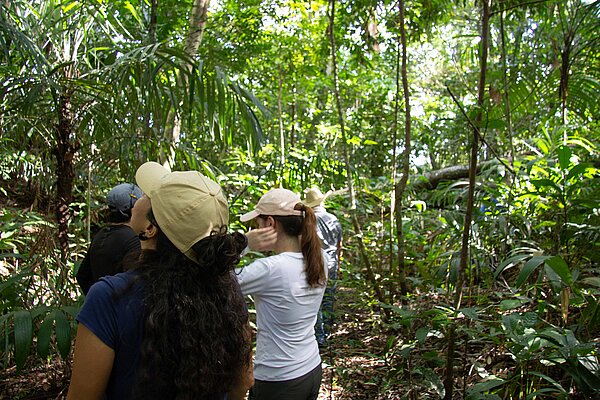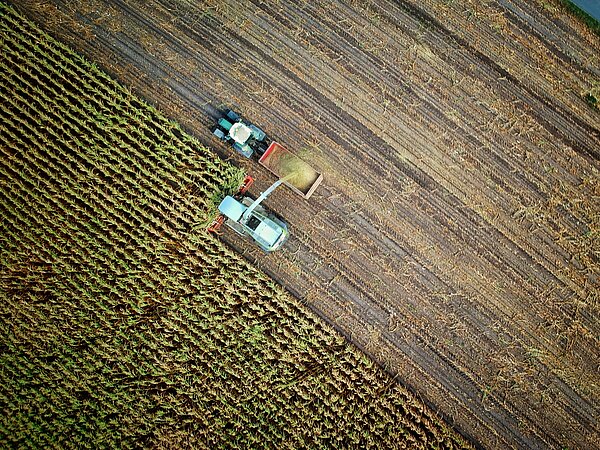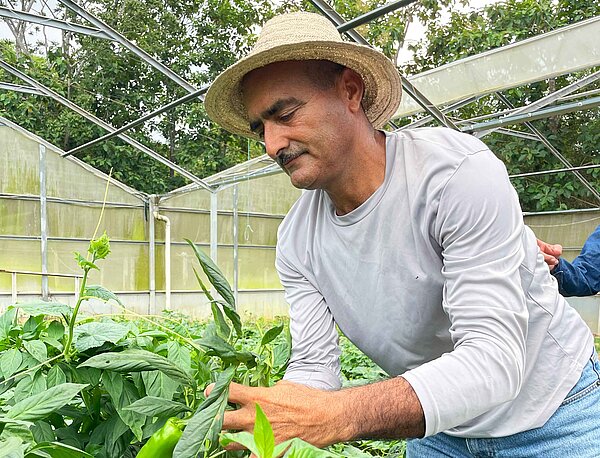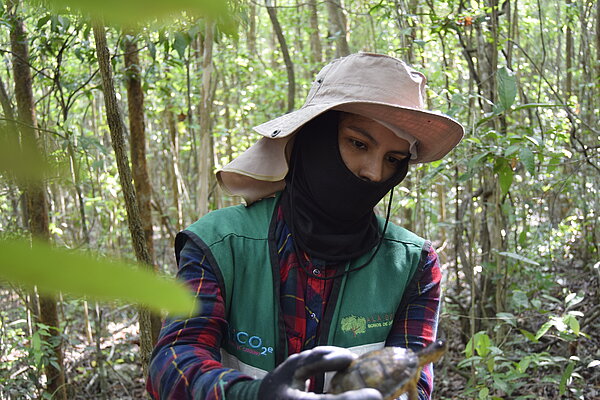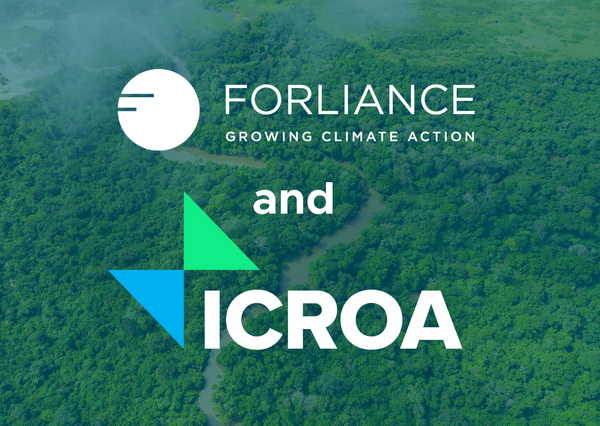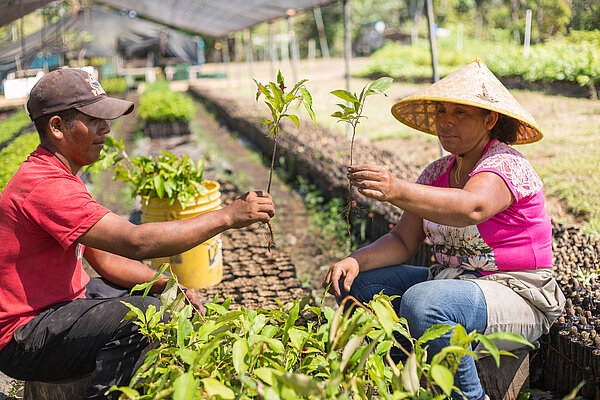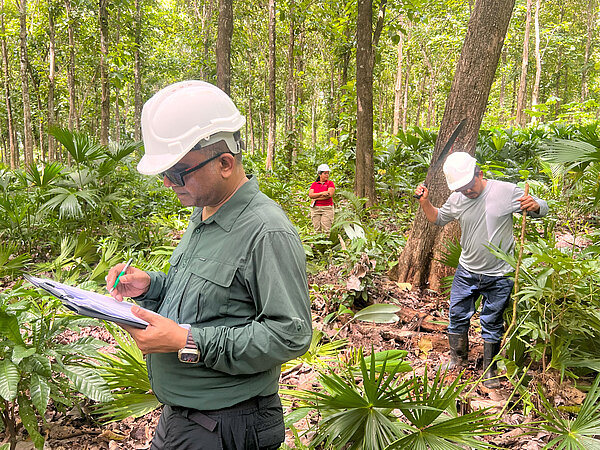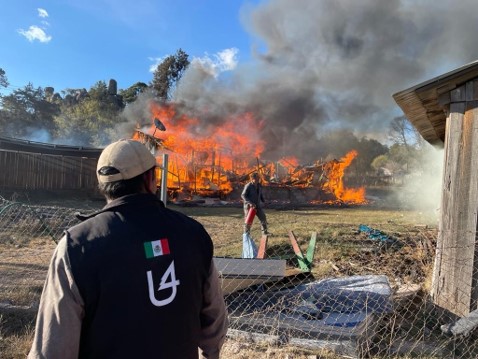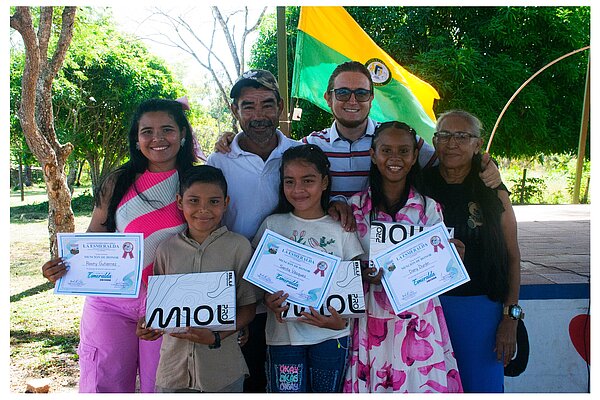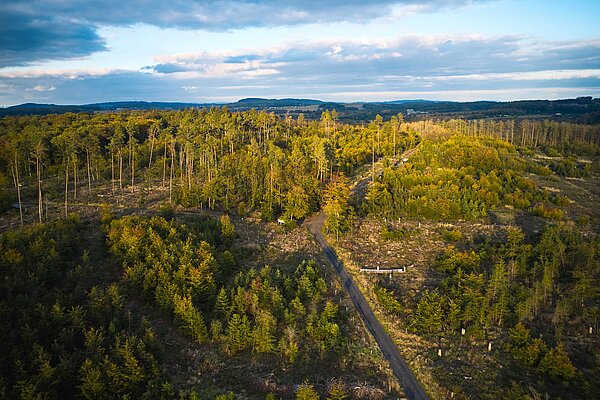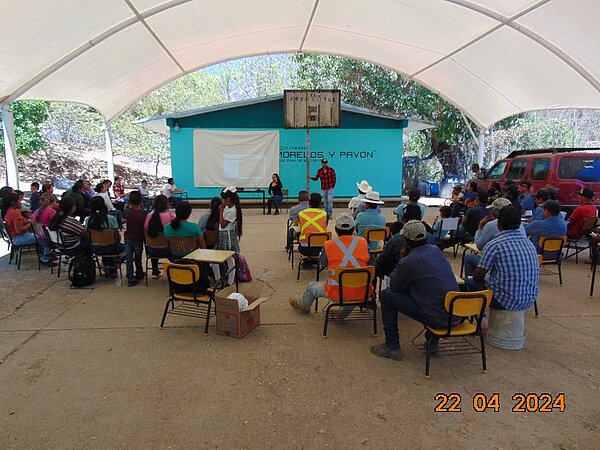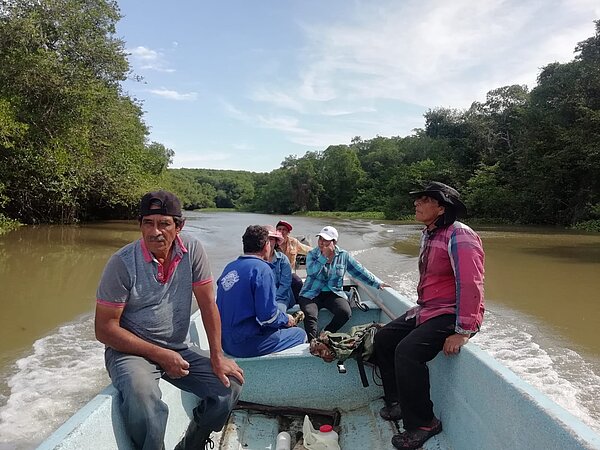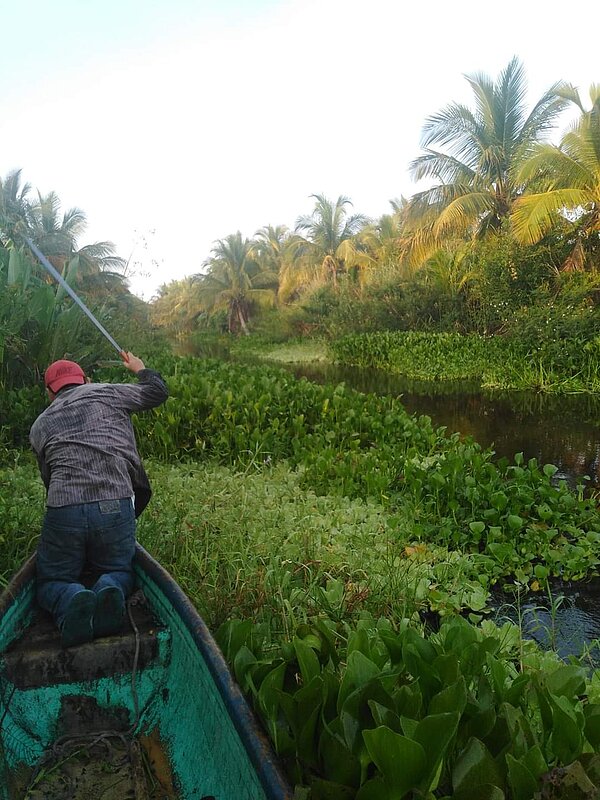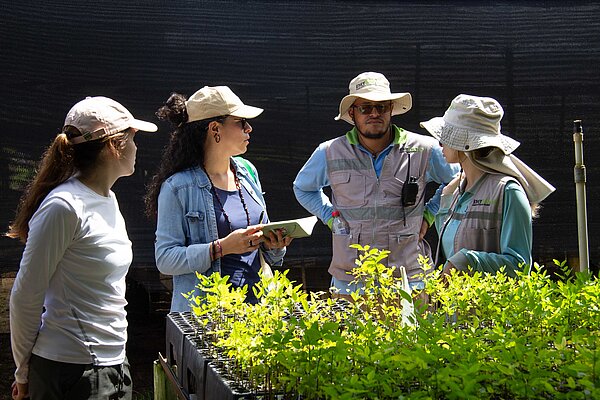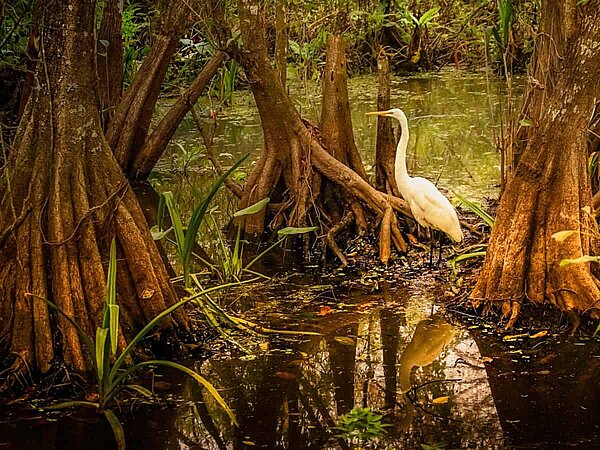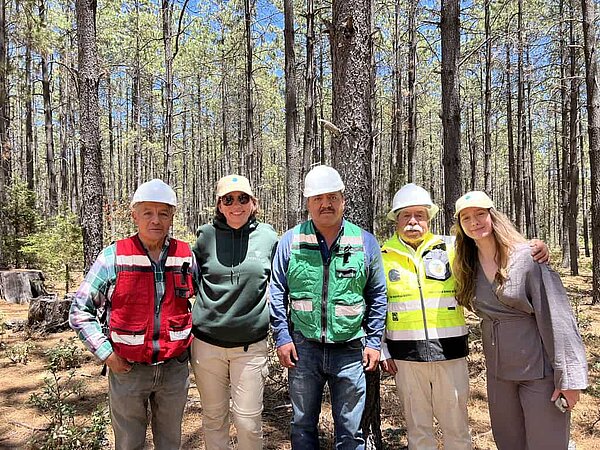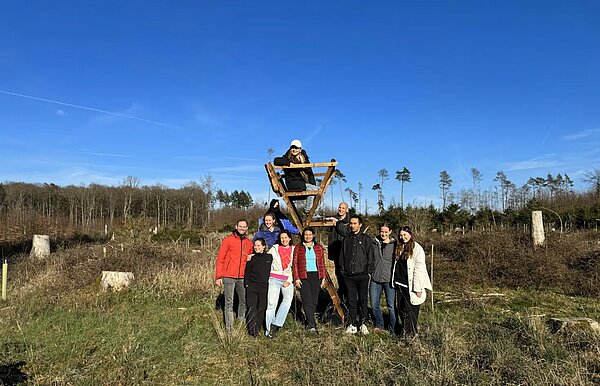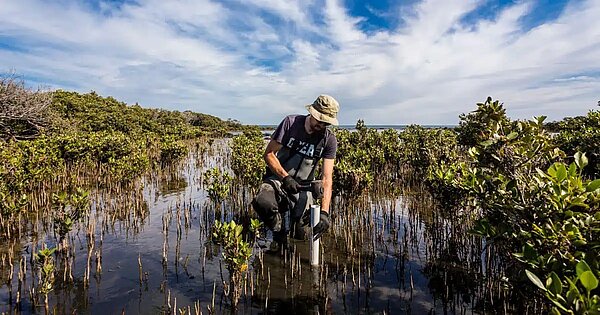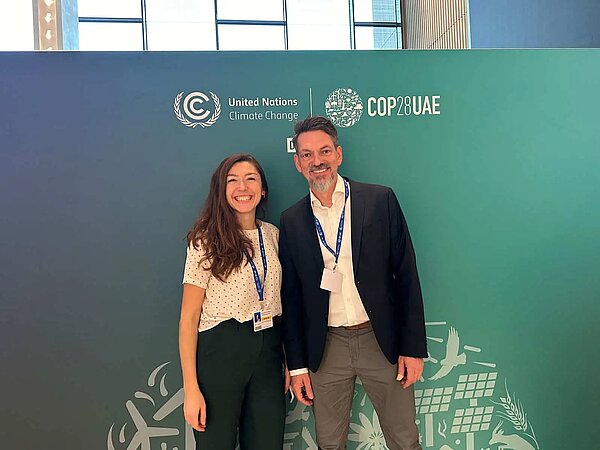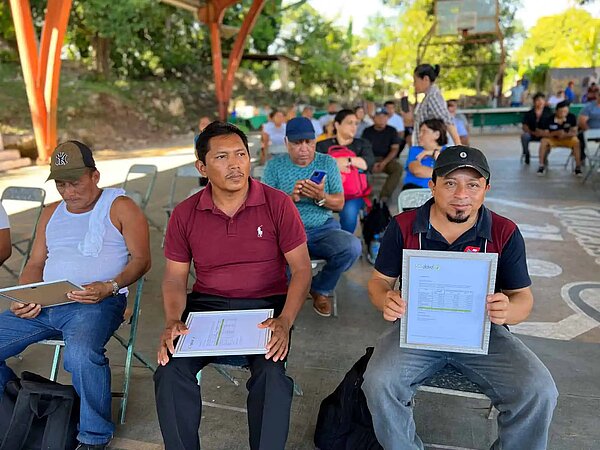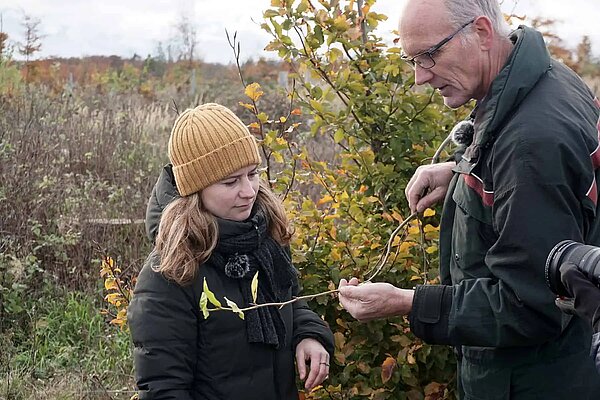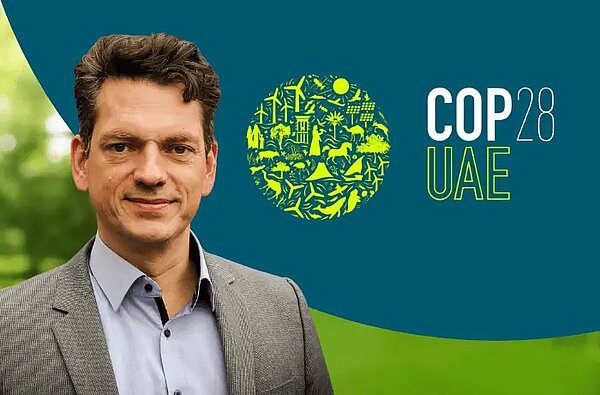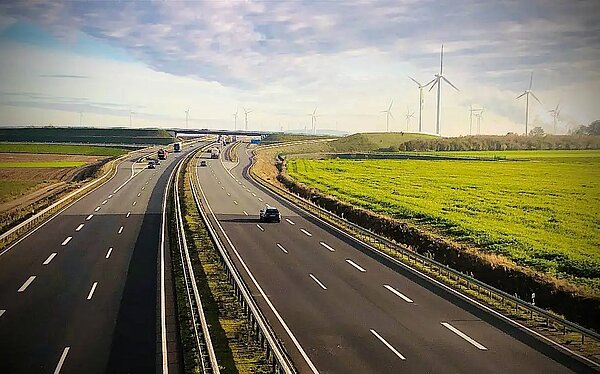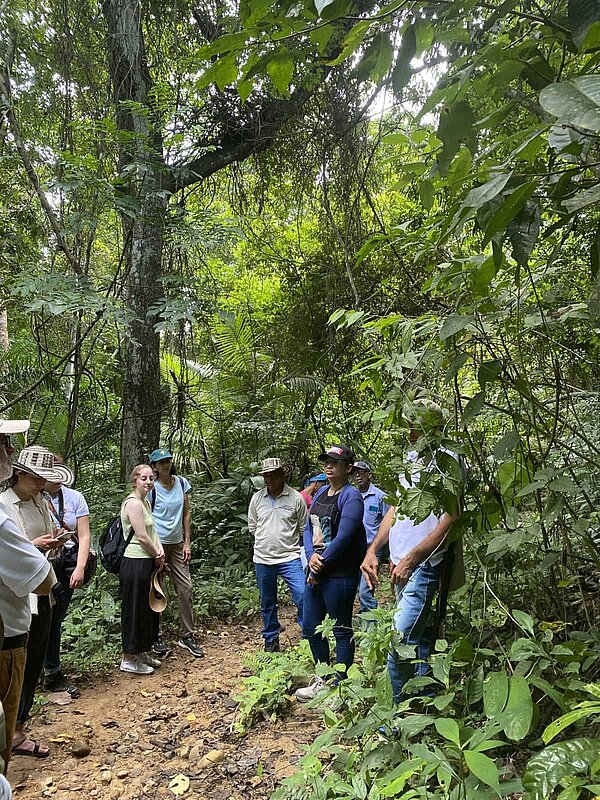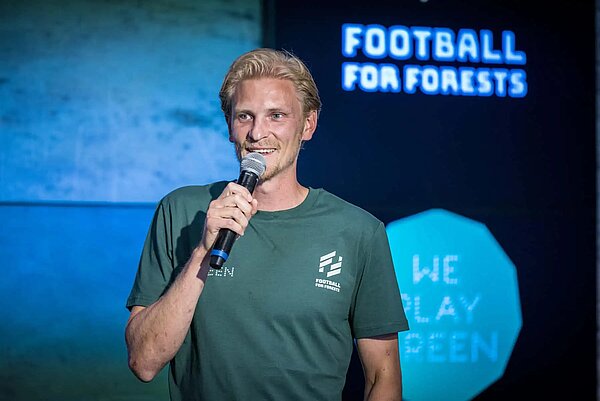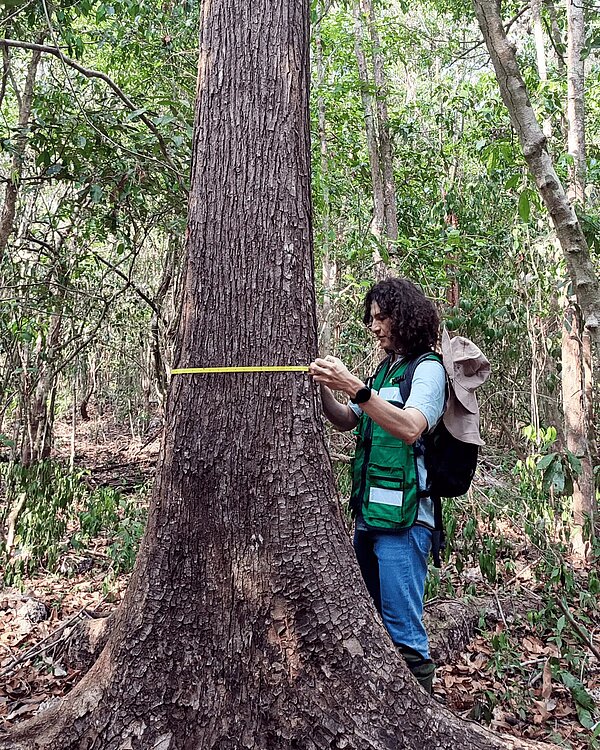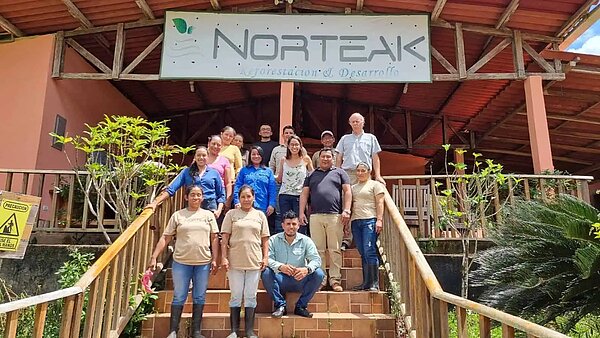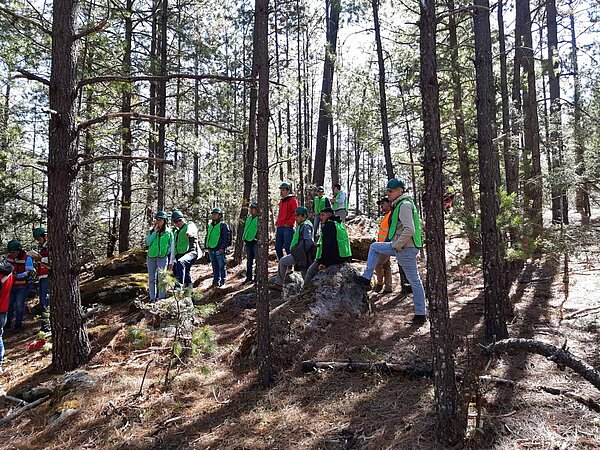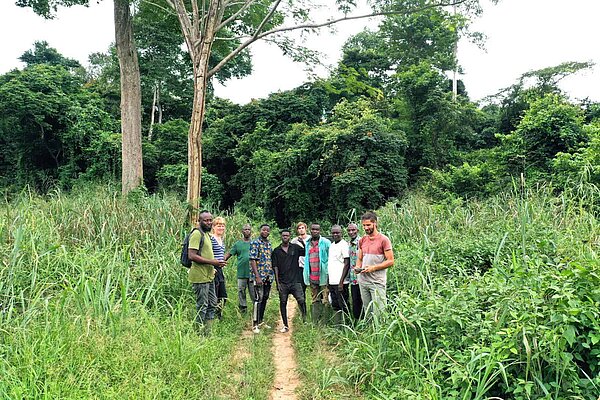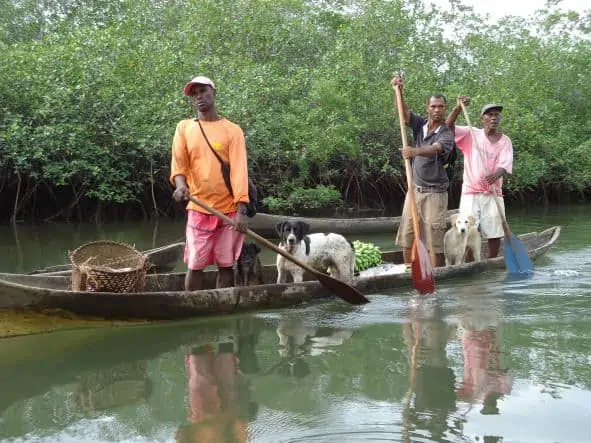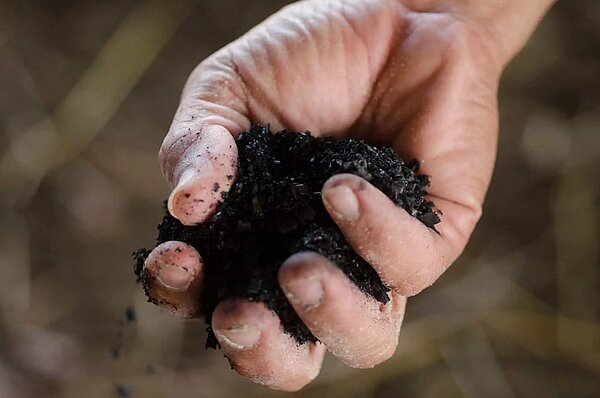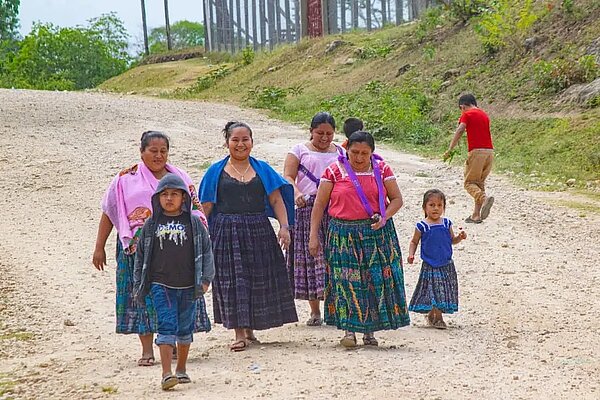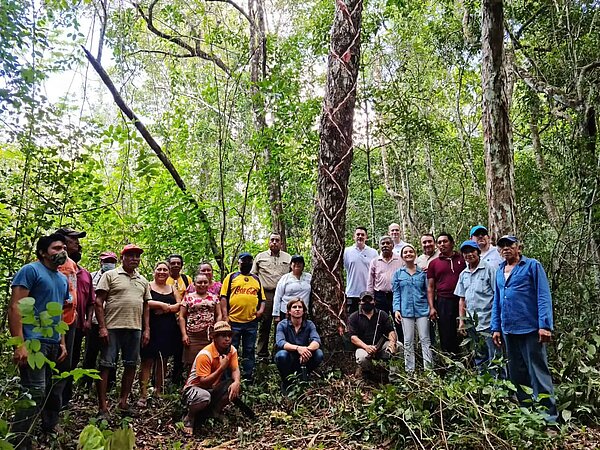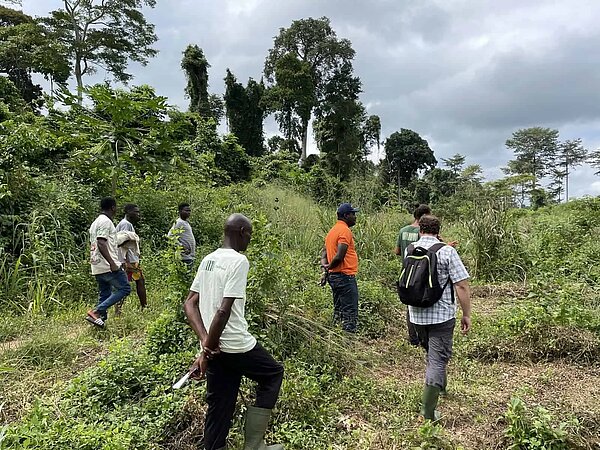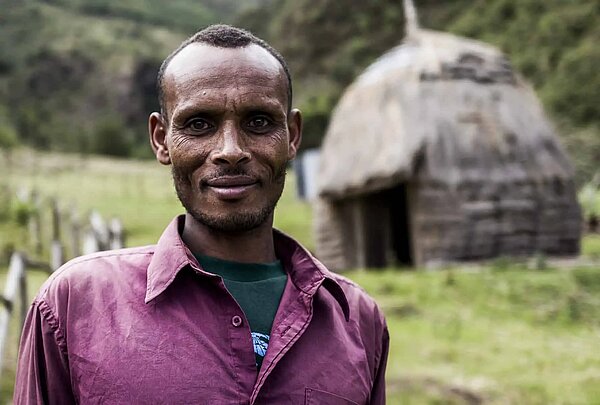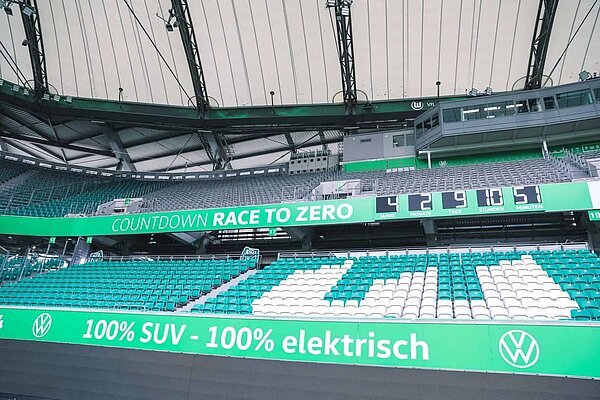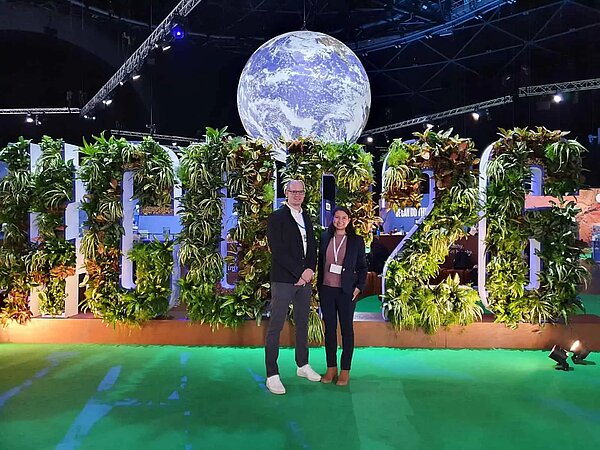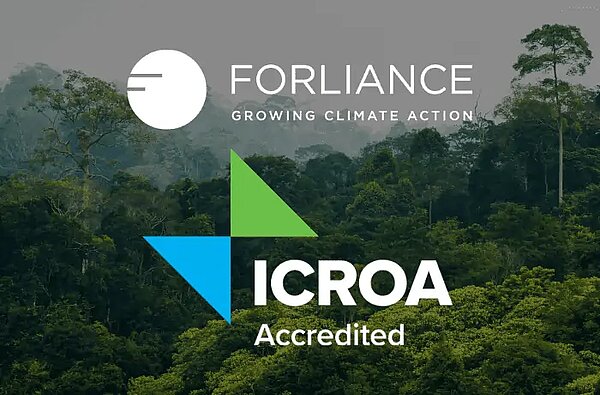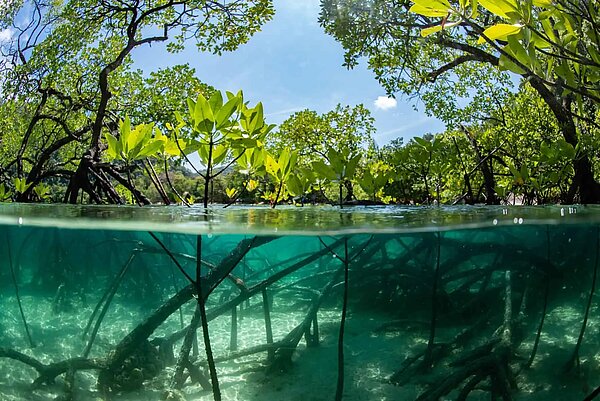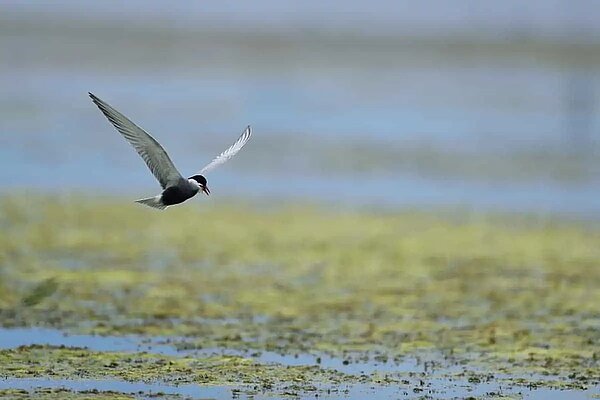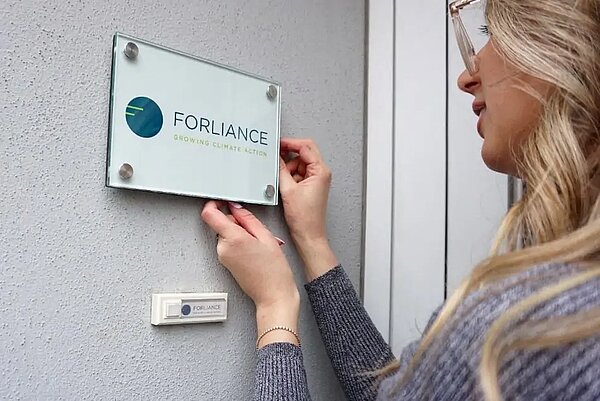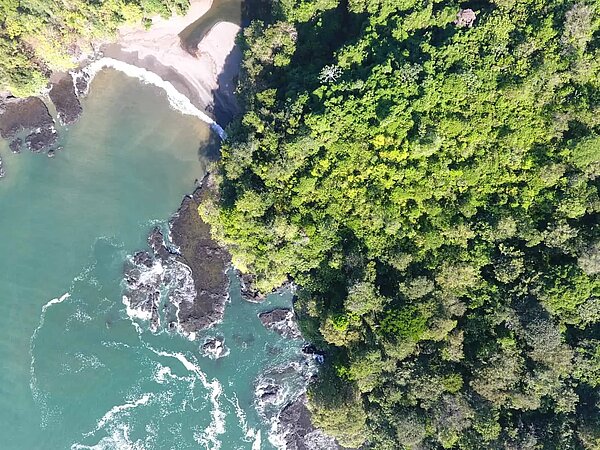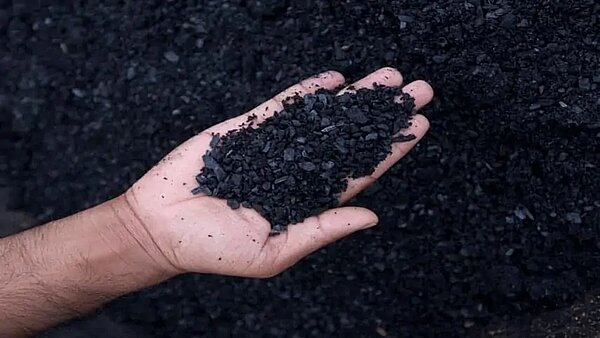Progress in Germany’s First Certified Carbon Project –“Re-Spire“
November 27, 2023
Project Updates
The advancements of the groundbreaking carbon project, Re-Spire, in the Westerwald region were deliberated this week at Montabaur Town Hall. As the developer of this project, FORLIANCE conducted a comprehensive review of the initial project years in collaboration with representatives from administration and forestry.
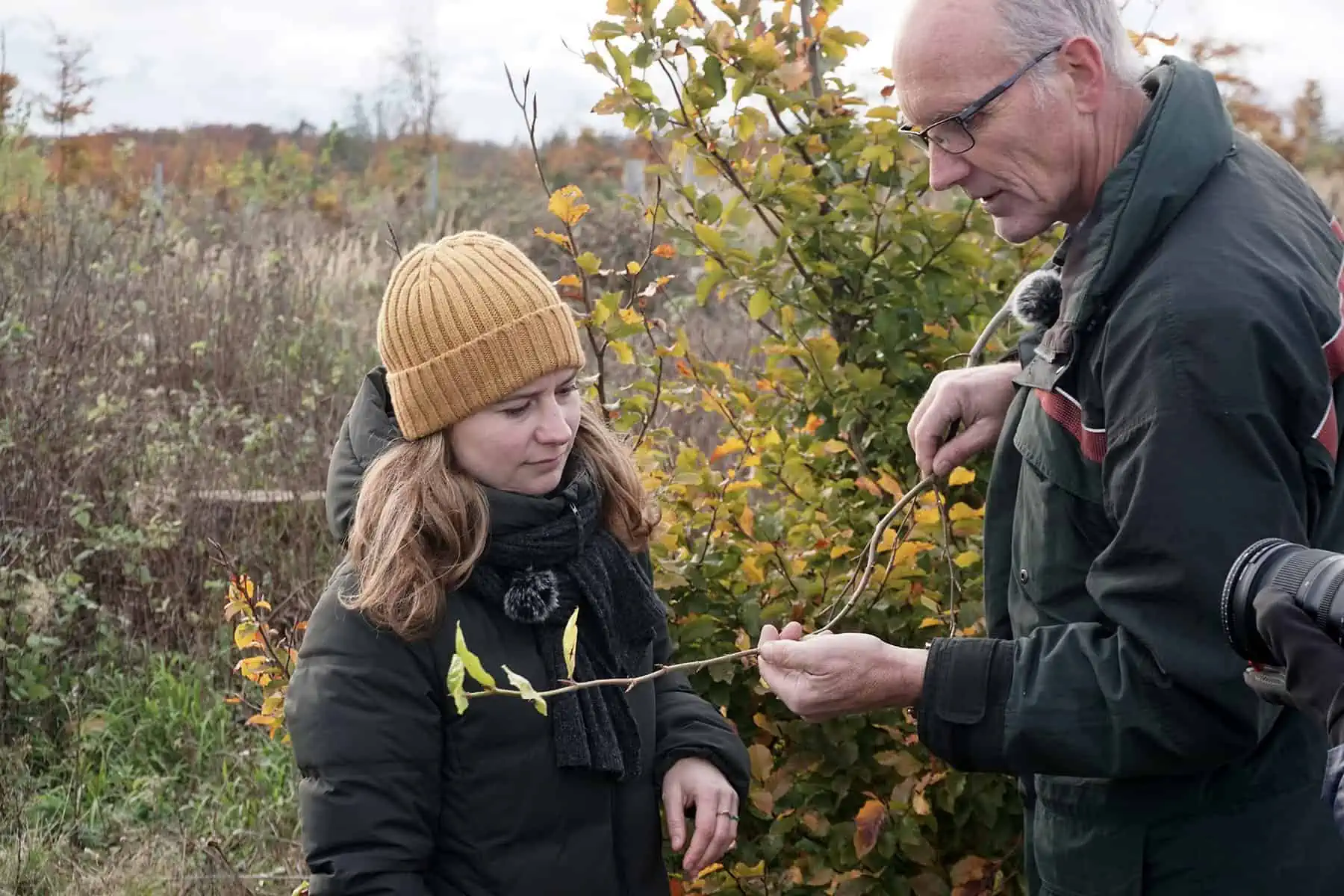
Addressing climate challenges in the Westerwald
The impacts of climate change are glaringly evident in the Westerwald. Escalating temperatures and diminished precipitation have debilitated the forests, creating an ideal environment for the bark beetle. This bark beetle thrives in weakened trees, leading to numerous spruce trees in the Westerwald falling victim to its attacks. Climate change-induced reduction in resin production, essential for fending off the bark beetle, is exacerbated by decreasing rainfall.

Bernhard Kloft (forester in the Eisenbach forest district), Hans-Jürgen Herbst (local mayor of Girod), Anna Peters (Project Manager Re-Spire / Westerwald), Bastian Strotmann (Product Manager Re-Spire / Westerwald), Marion Gräf (Head of Construction and Regional Development), In Montabaur this week, the progress of the pioneering forest climate protection project Re-Spire in the Westerwald was discussed. FORLIANCE reviewed the first years of the project together with representatives from administration and forestry.
Innovative carbon project
In response to these challenges, the Re-Spire project was launched in 2019 – an innovative carbon initiative spanning the municipalities of Girod and Großholbach. FORLIANCE played a pivotal role in the project’s development and continues to actively contribute. The primary objective is to rejuvenate the forests using climate-resilient tree species. Remarkably, Re-Spire Westerwald stands as Germany’s pioneering carbon project, developed and independently certified based on recognized principles of the voluntary carbon market. The ambitious goal is to sequester an additional 29,490.68 tons of CO2 by 2059.

Celebrating successes and charting developments
The on-site measures were recently discussed at a meeting held in Montabaur Town Hall, uniting representatives from administration, forestry, and FORLIANCE. FORLIANCE offers companies the opportunity to invest in regional reforestation projects and receive carbon certificates in return – a meaningful contribution to climate change adaptation.
The project’s achievements thus far are noteworthy. Under the guidance of district forester Bernhard Kloft, nearly 54 hectares of the originally lost 95 hectares were reforested between 2020 and 2023. More than 121,000 seedlings from 15 diverse tree species were utilized, with an impressive 84 percent being deciduous trees. Despite their slower growth, these trees significantly contribute to the establishment of a climate-resilient mixed forest.
Navigating challenges
However, the challenges faced by the project should not be underestimated. Drought stress and insufficient rainfall have jeopardized some planted tree seedlings, necessitating the replacement of approximately 18,000 seedlings. This emphasizes that climate change adaptation is not just an ecological challenge but also a financial one. Communities like Girod and Großholbach rely on carbon financing to manage such endeavors effectively.
Make supporting the Re-Spire project part of your corporate climate strategy
Would you like to be part of the Re-Spire project? In the international carbon market, companies can acquire carbon credits by supporting reforestation projects like Re-Spire. FORLIANCE brings the principles of this market to Germany, enabling companies to invest in high-quality regional projects, actively contributing to reforestation. While carbon certificates cannot be generated in Germany currently, our financing partners can communicate the quantitative and qualitative aspects of the facilitated carbon storage. Let’s connect.

